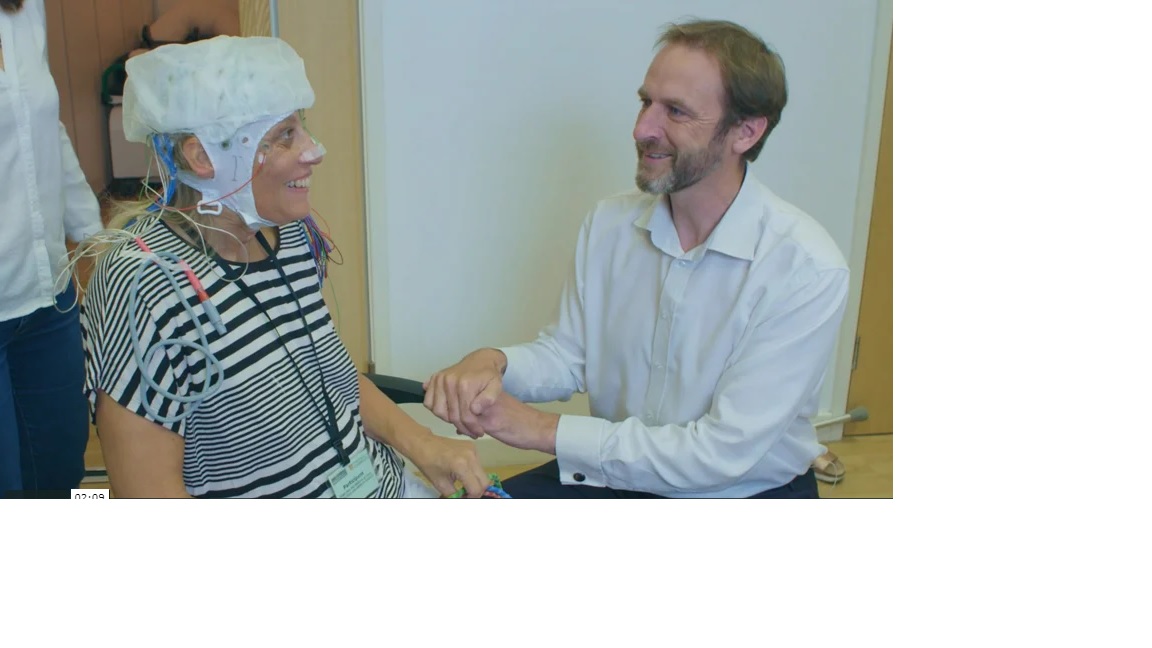
Disease-modifying Trials
Alongside improvements in early diagnosis and symptomatic treatments, there is a pressing need for therapies to halt, or even prevent, FTD, PSP, and CBD. Through academic collaborations and partnerships with industry, clinical trials of such "disease modifying treatments" are close at hand. To find out more, and to ask if you might be eligible, please contact us.
ASN120290 (Asceneuron)
Asceneuron SA develops innovative small molecules for neurodegenerative diseases, and now received approval for a clinical trial study of ASN120290, to inhibit harmful tau as a potential new treatment for PSP. On successful completion of early phase human trials, a phase II proof-of-concept trial Progressive Supranuclear Palsy (PSP) is anticipated in 2018.
Trazodone
Our Cambridge Collaborator and Associate Director of the Dementia Research Institute, Professor Giovanna Mallcuci recently discovered that the "anti-depressant" medication Trazodone also has neuroprotective effects, in mouse models of Alzheimer's, frontotemporal dementia, and PSP.
It is not yet known if this remarkable benefit also works in humans, but clinical trials are under development, with the added advantage of many years' experience of using this drug for other indications in humans, including people with dementia.
PASSPORT (BMS-986168)
The man-made antibody BMS-986168 was recently taken on by Biogen from Bristol-Myers Squibb for a clinical trial to slow the progression of Progessive Supranuclear Palsy (PSP), by blocking the Tau protein molecules in the brain. The trial will be managed globally by ICON, and we plan to be among the UK sites taking part in the trial.
Preventing frontotemporal dementia and related illness
Treating people with early symptoms of dementia, to prevent or slow progression of illness is a major goal, but even great would be the ability to prevent dementia. The Prevention of Neurodegeneration Initiative (PRENI) established a working group of experts in presymptomatic studies of genetic brain illness (Alzheimer’s disease, frontotemporal dementia, Huntington’s disease, Parkinson’s disease, prion disease, motor neuron disease, and the spinocerebellar ataxias), to identify the key shared challenges and opportunities including trial design, surrogate endpoints, regulatory perspectives, academic-industry partnerships, recruitment and registers, ethical considerations, and support for participants in such preventive trials. Of particular relevance to the work of our Centre is the clinical trials arm of the Genetic Frontotemporal Dementia Initiative (GENFI).

